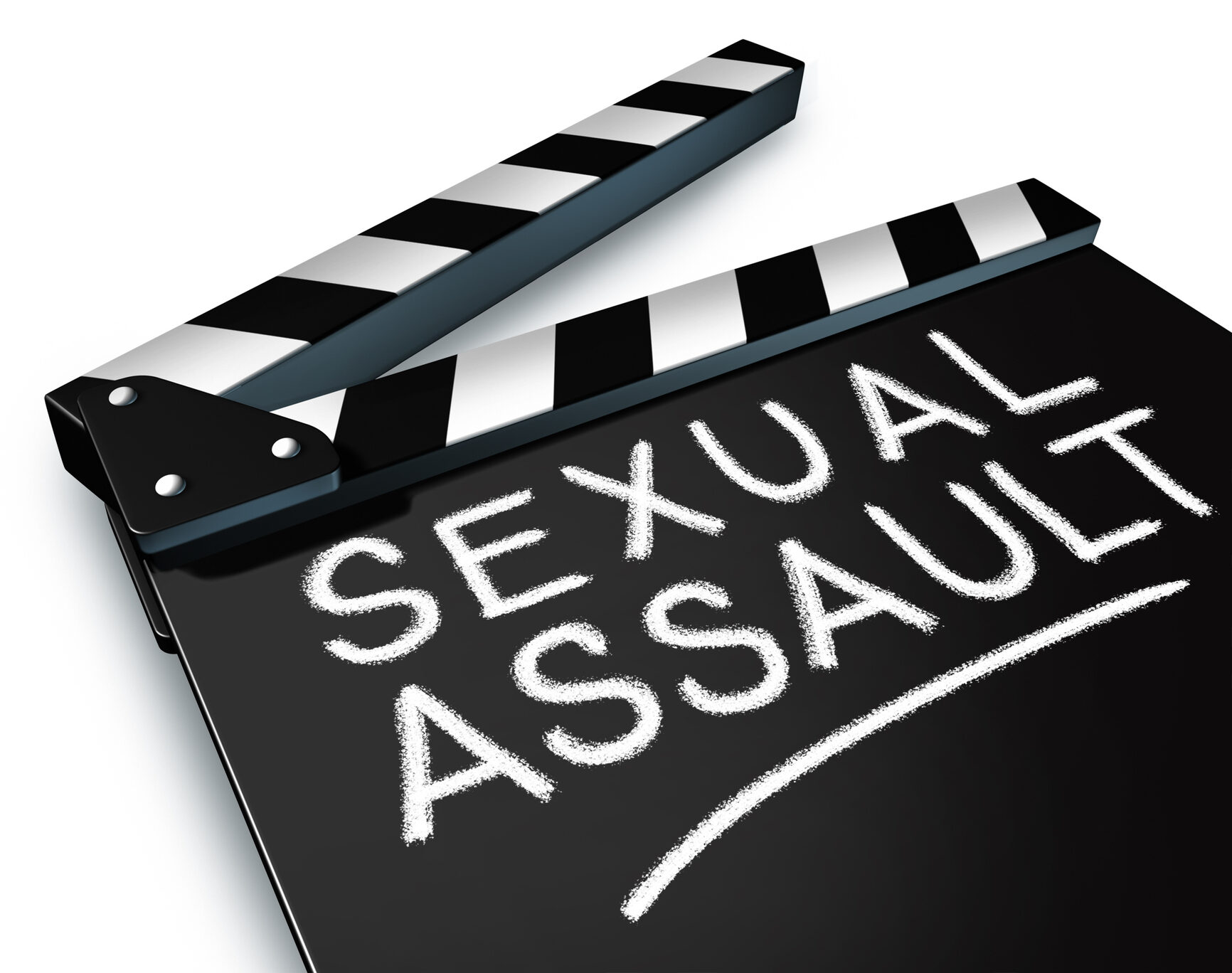Property owners owe certain duties to people who visit their land, and any failure to exercise proper care could make the landowner liable in a premises liability claim.
At Eskew Law, we have helped many people who have slipped and fallen or been injured in other ways at businesses and on private property.
To bring a premises liability claim, you will need to establish certain elements. These elements are required. Think of them as puzzle pieces—without all the pieces, you don’t have a complete claim. Below, we walk through all premises liability elements, some of which are quite complicated.
Duty
Property owners owe different duties to visitors depending on their status. The first element looks at why you were on the property. In Indiana, a visitor is either an invitee, licensee, or trespasser. The state’s Supreme Court explained the different duties owed in its case Burrell v. Meads (Ind. 1991).
Invitee
An invitee is someone who has been invited onto the property for the owner’s benefit, usually financial. For example, a customer who walks into a pharmacy is an invitee. Any customer of a business would qualify as an invitee. Social guests who have been invited are also invitees, per Burrell v. Mead.
A landowner owes the highest duty of care to invitees. In general, property owners must make the premises safe for invitees, which includes fixing known hazards on the property or providing notice about a hazard that cannot be immediately fixed.
A property owner should also regularly inspect the property to uncover hazards. It’s typically not enough for the owner to stick his head in the sand and claim he didn’t know that the floorboards were rotted or that liquid had been spilled in an aisle.
For example, a store should either fix faulty floorboards or cordon off the area. If the store mops the floor, they should provide a notice that the floor is wet.
Licensee
A licensee is someone who has permission to enter the property, usually for their own benefit. For example, a friend or family member who stops by on their own initiative to visit you is a licensee.
Owners owe a lower duty of care to licensees than they do to invitees. In general, they must warn licensees of any hidden danger on the property that the owner knows about. However, owners generally do not need to take reasonable care to uncover hidden hazards.
Trespasser
A trespasser has no permission to enter or stay on property. Someone who decides to squat in your backyard is a trespasser, for example, as is someone who cuts across your property on their way home.
Property owners owe trespassers a duty to refrain from wantonly or willfully injuring trespassers after discovering their presence. Specifically, a property owner doesn’t need to warn of conceal dangers or take steps to fix any hazards. However, a property owner cannot maliciously harm a trespasser.
Breach
In premises liability claims, you also need to show that the property owner did not exercise sufficient care given your status. This is called a “breach” of the duty of care.
For example, if a store owner mops their floors but does not put up a sign warning customers, then they might have breached their duty of care. They have not warned invitees of a hazard that they have created, so this is probably a breach.
Injuries/Damages
You don’t have a premises liability claim if you haven’t suffered some sort of injury. The legal term is “damages.” Generally, in premises liability cases, the injury will be a physical injury suffered as a result of coming in contact with the hazard.
For example, someone could suffer a concussion and a broken arm if they slip and fall, banging their head on a filing cabinet or countertop. Any bodily injury should qualify for compensation.
Damages a person can receive in a premises liability claim includes:
- Medical care expenses;
- Lost wages; and
- Any property damage (such as broken glasses).
Victims can also sometimes receive compensation for pain and suffering and emotional distress.
Causation
This is the final element. The property owner’s breach must have caused your damages. Sometimes this is easy to prove. However, sometimes causation is in dispute when a victim has a pre-existing injury. In that situation, a question arises: is the injury really the result of the hazard or did it exist before the person was injured on the property?
Have You Been Injured on Someone’s Property? Contact Eskew Law
Premises liability cases often involve lengthy negotiations with the property owner’s insurance company. These negotiations are not meant to be easy. Instead, many insurance companies hope that you will quickly accept a small settlement for your claim.
Instead, you should hire an experienced premises liability lawyer in Indiana to represent you. At Eskew Law, we have helped countless clients get the money they need after an accident. For more information about how we can help, please contact us by calling 317-793-2325. We offer a free consultation if you do.



